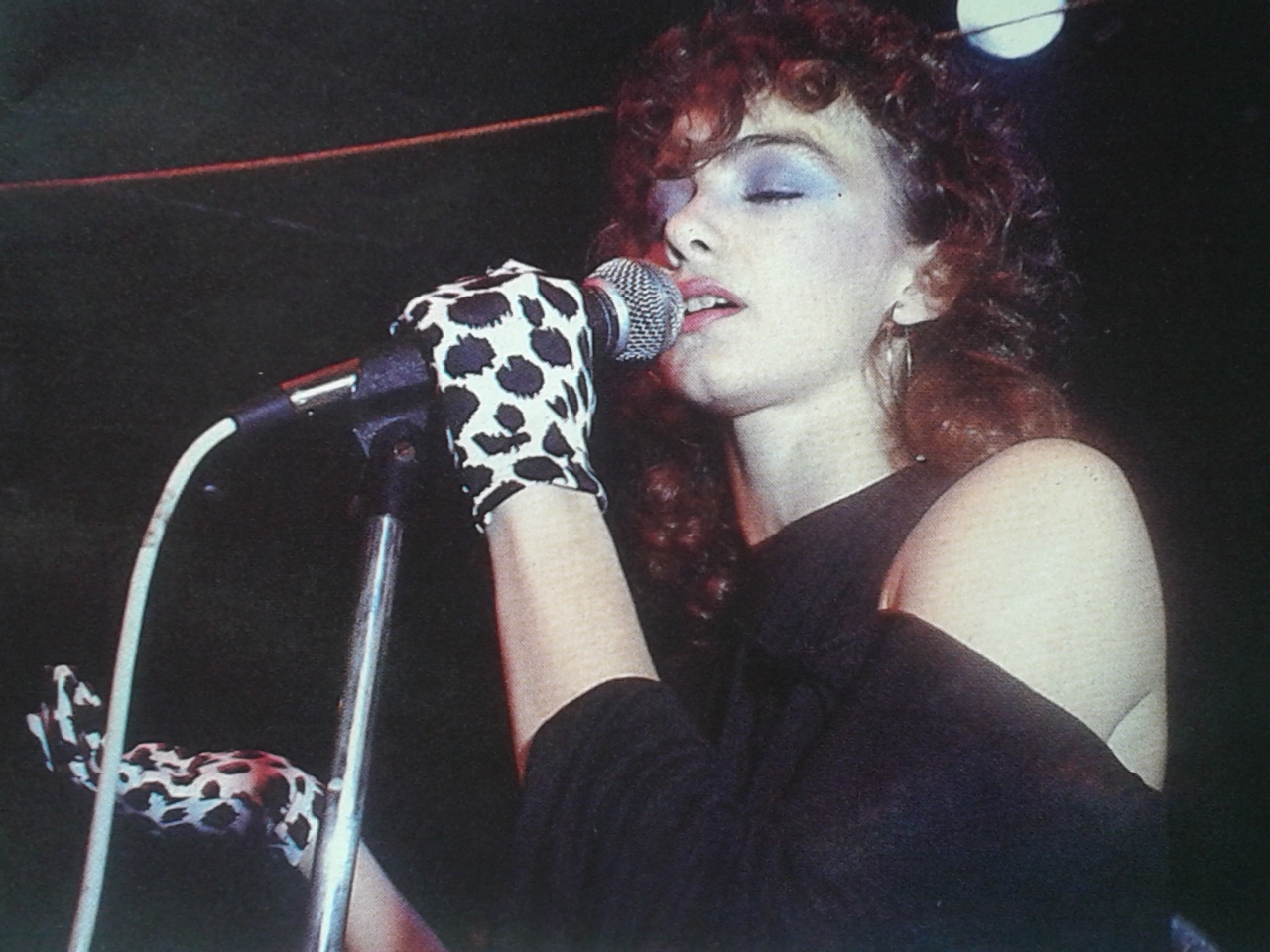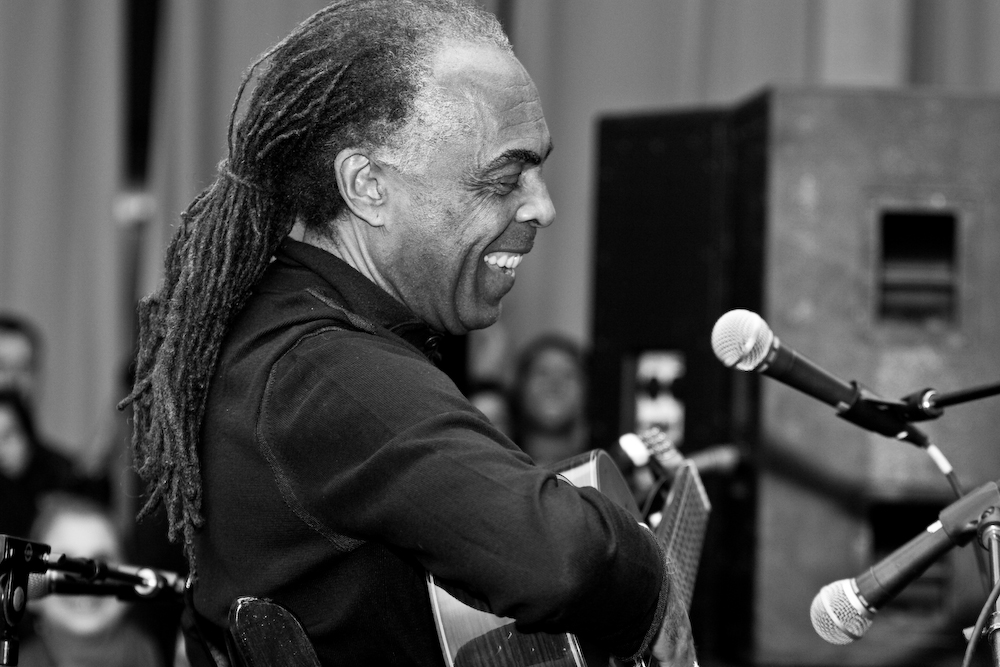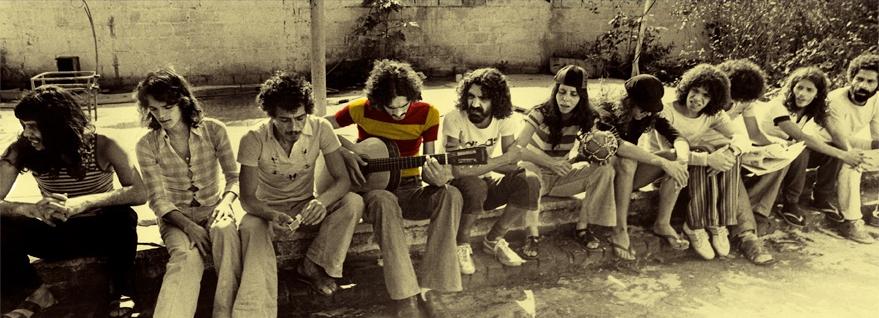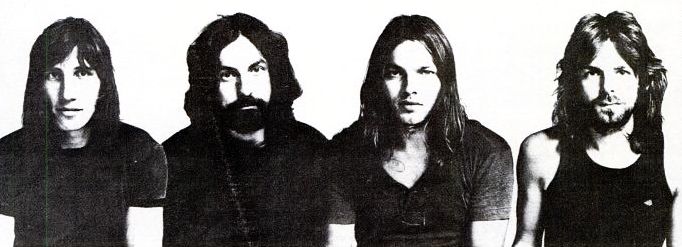|
Metrô (band)
Metrô is a Brazilian band formed in 1978, then known as A Gota Suspensa before renaming themselves in 1984. Beginning as a progressive rock band, they later shifted to a more synth-pop-influenced direction, becoming one of the most successful groups in the then-thriving Brazilian rock/new wave scene. History Early years and ''A Gota Suspensa'' (1978–1984) The band that would become Metrô was founded in 1978, under the name A Gota Suspensa ("The Suspended Drop"), by six friends (all of them coincidentally French Brazilians) who studied together at the Lycée Pasteur in São Paulo: former model and actress Virginie Boutaud (vocals), Alec Haiat (electric guitar), Marcel Zimberg ( sax), Yann Laouenan (keyboards), Xavier Leblanc (bass) and Daniel "Dany" Roland (drums). They were originally an experimental/progressive rock ensemble heavily inspired by acts such as Pink Floyd, The Beatles, Novos Baianos and the '' Tropicalista'' movement, among others, [...More Info...] [...Related Items...] OR: [Wikipedia] [Google] [Baidu] |
Rapid Transit
Rapid transit or mass rapid transit (MRT), also known as heavy rail or metro, is a type of high-capacity public transport generally found in urban areas. A rapid transit system that primarily or traditionally runs below the surface may be called a subway, tube, or underground. Unlike buses or trams, rapid transit systems are railways (usually electric railway, electric) that operate on an exclusive right-of-way (transportation), right-of-way, which cannot be accessed by pedestrians or other vehicles, and which is often grade-separated in tunnels or on elevated railways. Modern services on rapid transit systems are provided on designated lines between rapid transit station, stations typically using electric multiple units on rail tracks, although some systems use guided rubber tires, magnetic levitation (''maglev''), or monorail. The stations typically have high platforms, without steps inside the trains, requiring custom-made trains in order to minimize gaps between train a ... [...More Info...] [...Related Items...] OR: [Wikipedia] [Google] [Baidu] |
Music Festival
A music festival is a community event with performances of singing and instrument playing that is often presented with a theme such as musical genre (e.g., rock, blues, folk, jazz, classical music), nationality, locality of musicians, or holiday. Music festivals are generally organized by individuals or organizations within networks of music production, typically music scenes, the music industries, or institutions of music education. The music festival is the largest and one of the most important performance institutions in music life, a place for experiencing where the culture is at. Music festivals are commonly held outdoors, with tents or roofed temporary stages for the performers. Often music festivals host other attractions such as food and merchandise vending, dance, crafts, performance art, and social or cultural activities. Many festivals are annual, or repeat at some other interval, while some are held only once. Some festivals are organized as for-profit concerts ... [...More Info...] [...Related Items...] OR: [Wikipedia] [Google] [Baidu] |
Tropicália
Tropicália (), also known as Tropicalismo (), was a Brazilian artistic movement that arose in the late 1960s. It was characterized by the amalgamation of Brazilian genres—notably the union of the pop culture, popular and the avant-garde, as well as the melding of Brazilian tradition and foreign traditions and styles. Today, Tropicália is chiefly associated with the musical faction of the movement, which merged Music of Brazil, Brazilian and Music of Africa, African rhythms with British and American psychedelic music, psychedelia and pop rock. The movement also included works of film, theatre, and poetry. The term Tropicália (Tropicalismo) has multiple connotations in that it played on images of Brazil being that of a "tropical paradise".Veloso, Caetano, Barbara Einzig, and Isabel de Sena. 2003. Tropical truth: a story of music and revolution in Brazil. Tropicalia was presented as a "field for reflection on social history". The movement was begun by a group of musicians fro ... [...More Info...] [...Related Items...] OR: [Wikipedia] [Google] [Baidu] |
Novos Baianos
Novos Baianos (English: ''New Bahians'') were a Brazilian rock and MPB group from Salvador, Bahia, in 1969. The group was active between 1969 and 1979, enjoying success throughout the 1970s. The group had reunions in 1997 and 2015 respectively. Together, the group recorded eight full-length studio albums, as well as two live albums. The group was highly influential on Brazilian popular music and Brazilian rock of the 1970s, combining various musical elements from genres such as samba, bossa nova, frevo, baião, choro, and rock n' roll. The group's music was also heavily influenced by 1970s counterculture and the emerging Tropicália artistic movement. The group's original line-up consisted of Moraes Moreira (vocals and acoustic guitar), Paulinho Boca de Cantor (vocals), Pepeu Gomes (electric guitar), Baby Consuelo (vocals and percussion), and Luiz Galvão (lyrics). The group regularly collaborated with A Cor do Som, a sub-group within Novos Baianos, which consisted of ... [...More Info...] [...Related Items...] OR: [Wikipedia] [Google] [Baidu] |
The Beatles
The Beatles were an English Rock music, rock band, formed in Liverpool in 1960, that comprised John Lennon, Paul McCartney, George Harrison and Ringo Starr. They are regarded as the Cultural impact of the Beatles, most influential band of all time and were integral to the development of counterculture of the 1960s, 1960s counterculture and popular music's recognition as an art form. Rooted in skiffle, beat music, beat and 1950s rock and roll, rock 'n' roll, their sound incorporated elements of classical music and traditional pop in innovative ways; the band also explored music styles ranging from folk music, folk and Music of India, Indian music to Psychedelic music, psychedelia and hard rock. As Recording practices of the Beatles, pioneers in recording, songwriting and artistic presentation, the Beatles revolutionised many aspects of the music industry and were often publicised as leaders of the era's Baby boomers, youth and sociocultural movements. Led by primary songwriter ... [...More Info...] [...Related Items...] OR: [Wikipedia] [Google] [Baidu] |
Pink Floyd
Pink Floyd are an English rock band formed in London in 1965. Gaining an early following as one of the first British psychedelic music, psychedelic groups, they were distinguished by their extended compositions, sonic experimentation, philosophical lyrics and elaborate Pink Floyd live performances, live shows. They became a leading band of the progressive rock genre, cited by some as the greatest progressive rock band of all time. Pink Floyd were founded in 1965 by Syd Barrett (guitar, lead vocals), Nick Mason (drums), Roger Waters (bass guitar, vocals), and Richard Wright (musician), Richard Wright (keyboards, vocals). Under Barrett's leadership, they released two charting singles and the successful debut album ''The Piper at the Gates of Dawn'' (1967). Guitarist and vocalist David Gilmour joined in December 1967; Barrett left in April 1968 due to deteriorating mental health. Waters became the primary lyricist and thematic leader, devising the concept album, concepts behind ... [...More Info...] [...Related Items...] OR: [Wikipedia] [Google] [Baidu] |
Experimental Rock
Experimental rock, also called avant-rock, is a subgenre of rock music that pushes the boundaries of common composition and performance technique or which experiments with the basic elements of the genre. Artists aim to liberate and innovate, with some of the genre's distinguishing characteristics being improvisation (music), improvisational performances, avant-garde influences, odd instrumentation, opaque lyrics (or instrumentals), unorthodox structures and rhythms, and an underlying rejection of commercial aspirations. From its inception, rock music was experimental, but it was not until the late 1960s that rock artists began creating extended and complex compositions through advancements in multitrack recording. In 1967, the genre was as commercially viable as Popular music, pop music, but by 1970, most of its leading players had incapacitated themselves in some form. In Germany, the krautrock subgenre merged elements of improvisation and psychedelic rock with electronic music, ... [...More Info...] [...Related Items...] OR: [Wikipedia] [Google] [Baidu] |
Saxophone
The saxophone (often referred to colloquially as the sax) is a type of single-reed woodwind instrument with a conical body, usually made of brass. As with all single-reed instruments, sound is produced when a reed on a mouthpiece vibrates to produce a sound wave inside the instrument's body. The pitch is controlled by opening and closing holes in the body to change the effective length of the tube. The holes are closed by leather pads attached to keys operated by the player. Saxophones are made in various sizes and are almost always treated as transposing instruments. Saxophone players are called '' saxophonists''. The saxophone is used in a wide range of musical styles including classical music (such as concert bands, chamber music, solo repertoire, and occasionally orchestras), military bands, marching bands, jazz (such as big bands and jazz combos), and contemporary music. The saxophone is also used as a solo and melody instrument or as a member of a horn section in som ... [...More Info...] [...Related Items...] OR: [Wikipedia] [Google] [Baidu] |
Lycée
In France, secondary education is in two stages: * ''Collèges'' () cater for the first four years of secondary education from the ages of 11 to 15. * ''Lycées'' () provide a three-year course of further secondary education for children between the ages of 15 and 18. Pupils are prepared for the ''baccalauréat'' (; baccalaureate, colloquially known as ''bac'', previously ''bachot''), which can lead to higher education studies or directly to professional life. There are three main types of ''baccalauréat'': the ''baccalauréat général'', ''baccalauréat technologique'' and ''baccalauréat professionnel''. School year The school year starts in early September and ends in early July. Metropolitan French school holidays are scheduled by the Ministry of Education (France), Ministry of Education by dividing the country into three zones (A, B, and C) to prevent overcrowding by family holidaymakers of tourist destinations, such as the Mediterranean coast and ski resorts. Lyon, for exa ... [...More Info...] [...Related Items...] OR: [Wikipedia] [Google] [Baidu] |
French Brazilians
French Brazilians (french: Franco-Brésilien; pt, Franco-brasileiro or galo-brasileiro) refers to Brazilian citizens of full of partial French ancestry or persons born in France who reside in Brazil. Between 1850 and 1965 around 100,000 French people immigrated to Brazil. The country received the second largest number of French immigrants to South America after Argentina (239,000). It is estimated that there are around 1 million Brazilians of French descent today. French immigration to Brazil From 1819 to 1940, 40,383 French people immigrated to Brazil. Most of them settled in the country between 1884 and 1925 (8,008 from 1819 to 1883, 25,727 from 1884 to 1925, 6,648 from 1926 to 1940). Another source estimates that around 100,000 French people immigrated to Brazil between 1850 and 1965. The French community in Brazil numbered 592 in 1888 and 5,000 in 1915. It was estimated that 14,000 French people were living in Brazil in 1912, 9% of the 149,400 French people living in Lati ... [...More Info...] [...Related Items...] OR: [Wikipedia] [Google] [Baidu] |
Brazilian Rock
Brazilian rock refers to rock music produced in Brazil and usually sung in Portuguese. In the 1960s it was known as , from the Portuguese transcription of the line "Yeah, yeah, yeah" from the Beatles song "She Loves You". Overview Rock entered the Brazilian music scene in 1956, with the screening of the film ''The Blackboard Jungle'', featuring Bill Haley's "Rock Around the Clock", which would later be covered in Portuguese by Nora Ney. The electric guitar was already used in Brazil in 1948, in Salvador carnival bloc of Dodô e Osmar. They invented the famous ( en, "electric stick"), the first electric guitar without microphonic feedback, with its typical acute color characteristic and sustained sound, no more similar to the previous jazzistic electric guitar models (then they developed another with two arms) and in 1949 they played carnival songs with this guitar at the first time in an open car named then "Trio Elétrico" on the Salvador streets (today in the big trucks with ... [...More Info...] [...Related Items...] OR: [Wikipedia] [Google] [Baidu] |







